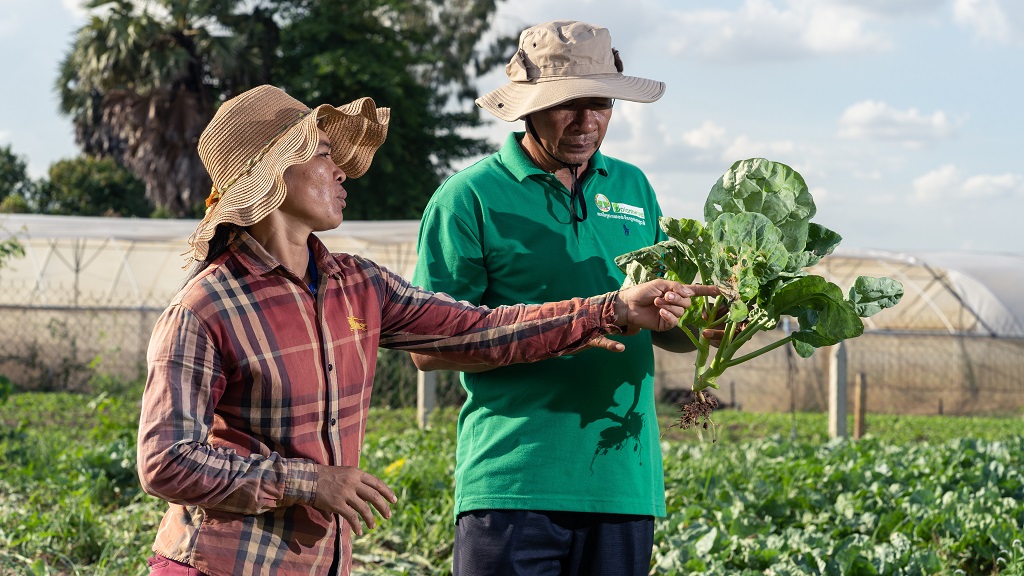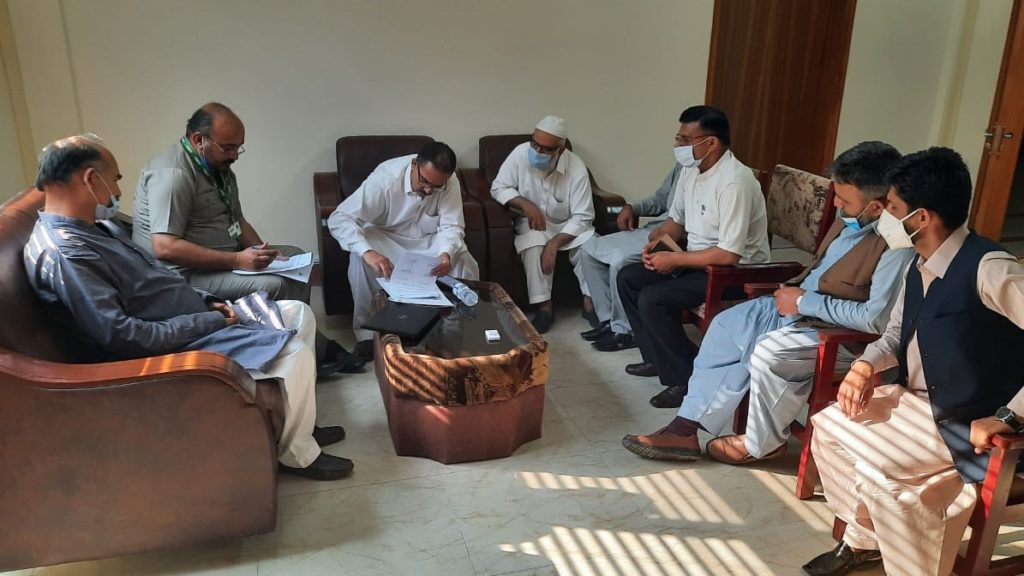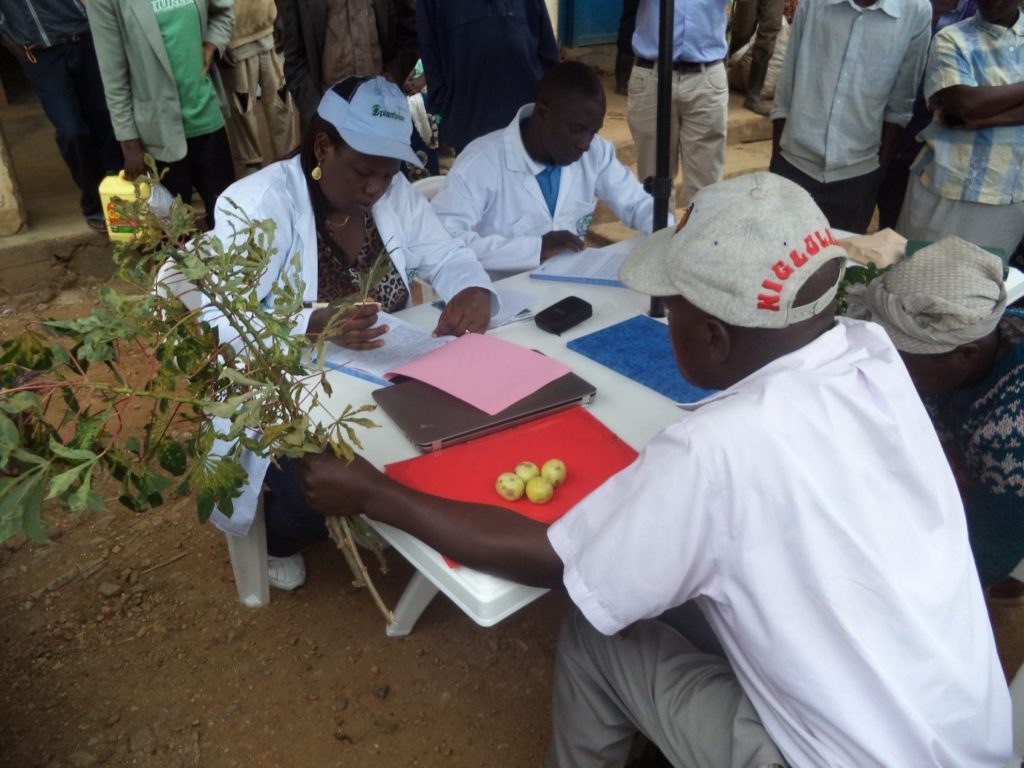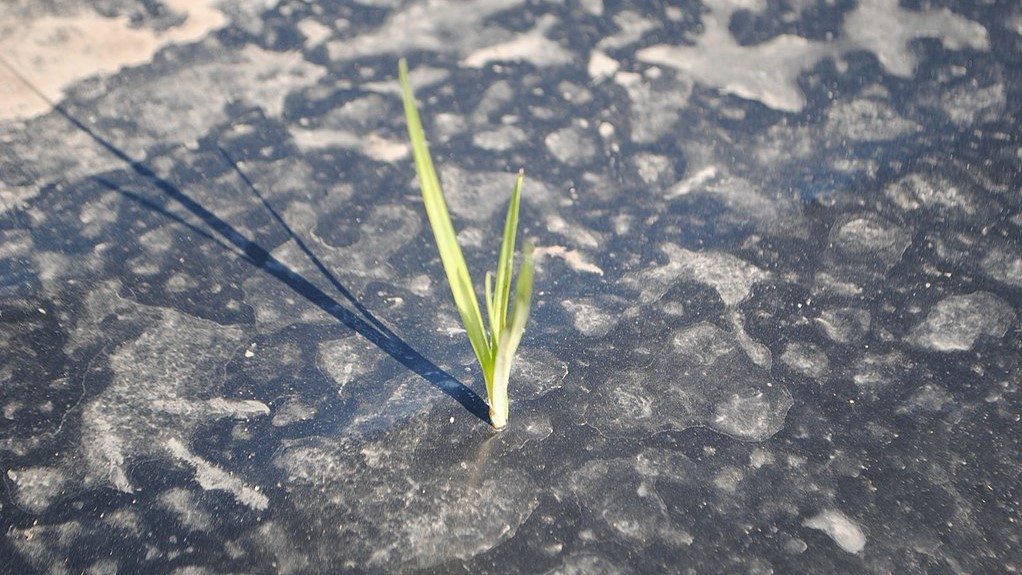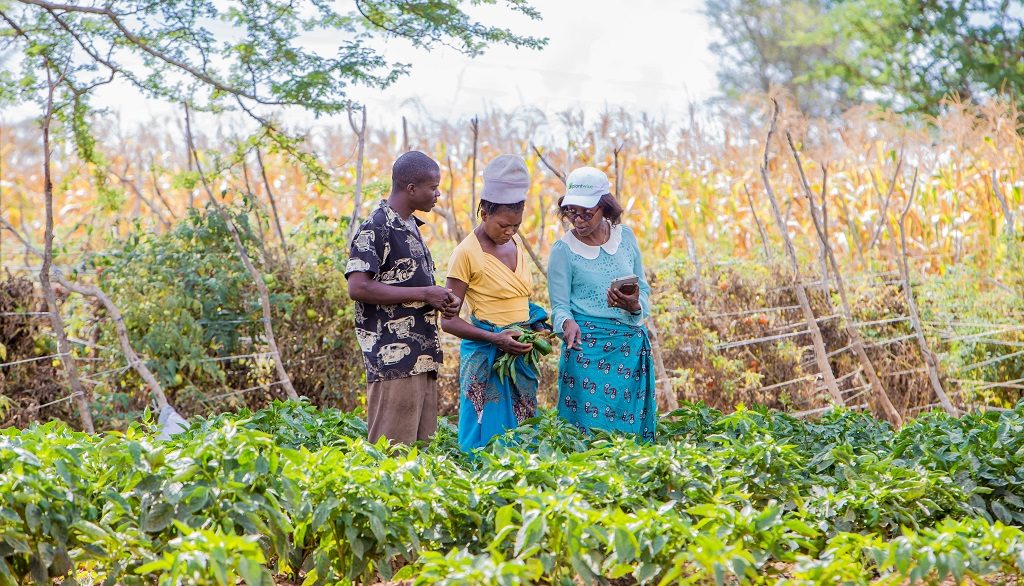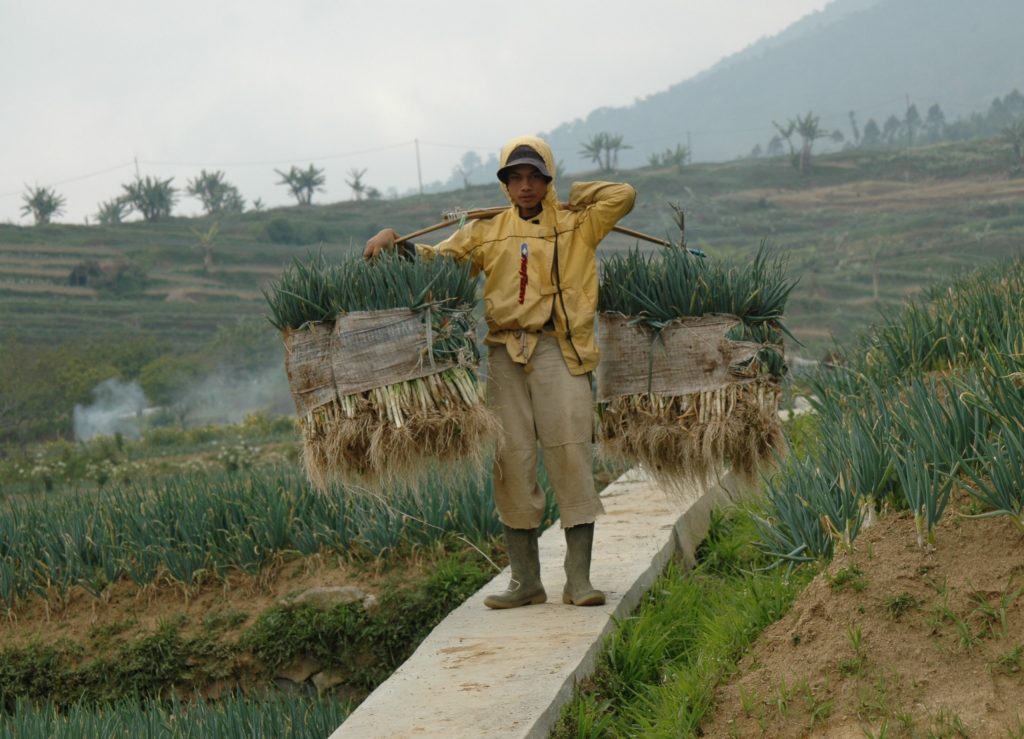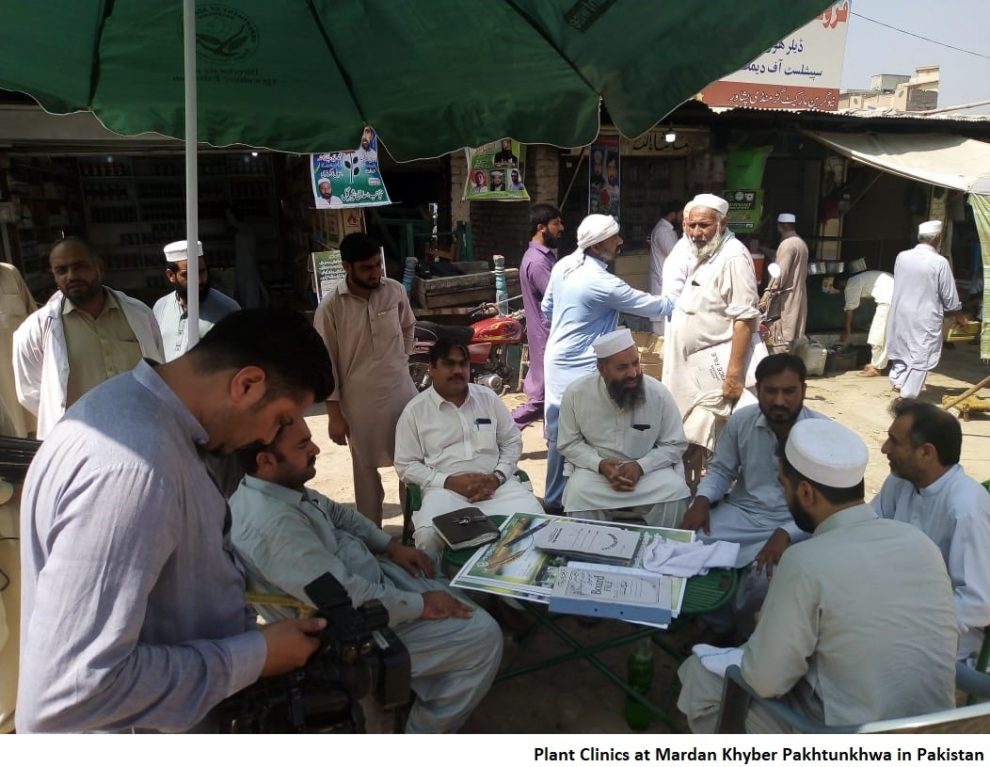Update: New Pest & Disease Records (17 September 2020)
We’ve selected a few of the latest new geographic, host and species records for plant pests and diseases from CAB Abstracts. Records this month include the first report of tobacco vein banding mosaic virus naturally infecting black nightshade (Solanum nigrum) in China and the first report of white blister rust disease caused by Wilsoniana amaranthi on Amaranthus dubius in…
Plantwise innovations highlighted in UN Climate Change report
CABI’s work in supporting agricultural decision-making for smallholder farmers using innovative digital tools has been featured in a new report by the United Nations Framework Convention on Climate Change (UNFCCC), the United Nations body coordinating climate action around the world.
Plastic mulch pollution in crop soil may threaten food security
Plastic debris could harm crop health in long term Plastic mulching involves the use of thin plastic sheeting to conserve moisture and boost temperatures in soil. Commonly used in arid, cooler climates such as China, it has been shown to improve crop health and yield. With water conservation becoming an increasing global priority, plastic mulch…
Test your plant health knowledge
>> Latest quiz just added Plantwise plant doctors are at the heart of our plant clinic network providing advice and information to farmers, logging their data for the Plantwise Knowledge Bank, and always adapting to new outbreaks and technologies. Think you’ve got what it takes to be a plant doctor? Take our online plant health…
PRISE is seeking partners in dissemination and crowdsourcing
The Pest Risk Information Service (PRISE) has published request for proposals (RFP) for partners in Ghana, Kenya, Malawi, and Zambia. PRISE (prise.org) helps to improve the livelihoods of smallholder farmers by reducing crop losses caused by pests across four-sub Saharan African countries.
Asian Farmers Consult Vibrant E-Plant Clinic Network In Pandemic Times
This article was originally published on aesa – Agricultural Extension in South Asia E-Plant clinics are meeting places where local agricultural advisory officers, known as plant doctors, help farmers struggling with plant pests and diseases. During the COVID-19 pandemic, plant clinics continued to provide advisory services to farmers by going online. Malvika Chaudhary shares her…
Test your plant health knowledge
>> Latest quiz just added Plantwise plant doctors are at the heart of our plant clinic network providing advice and information to farmers, logging their data for the Plantwise Knowledge Bank, and always adapting to new outbreaks and technologies. Think you’ve got what it takes to be a plant doctor? Take our online plant health…


